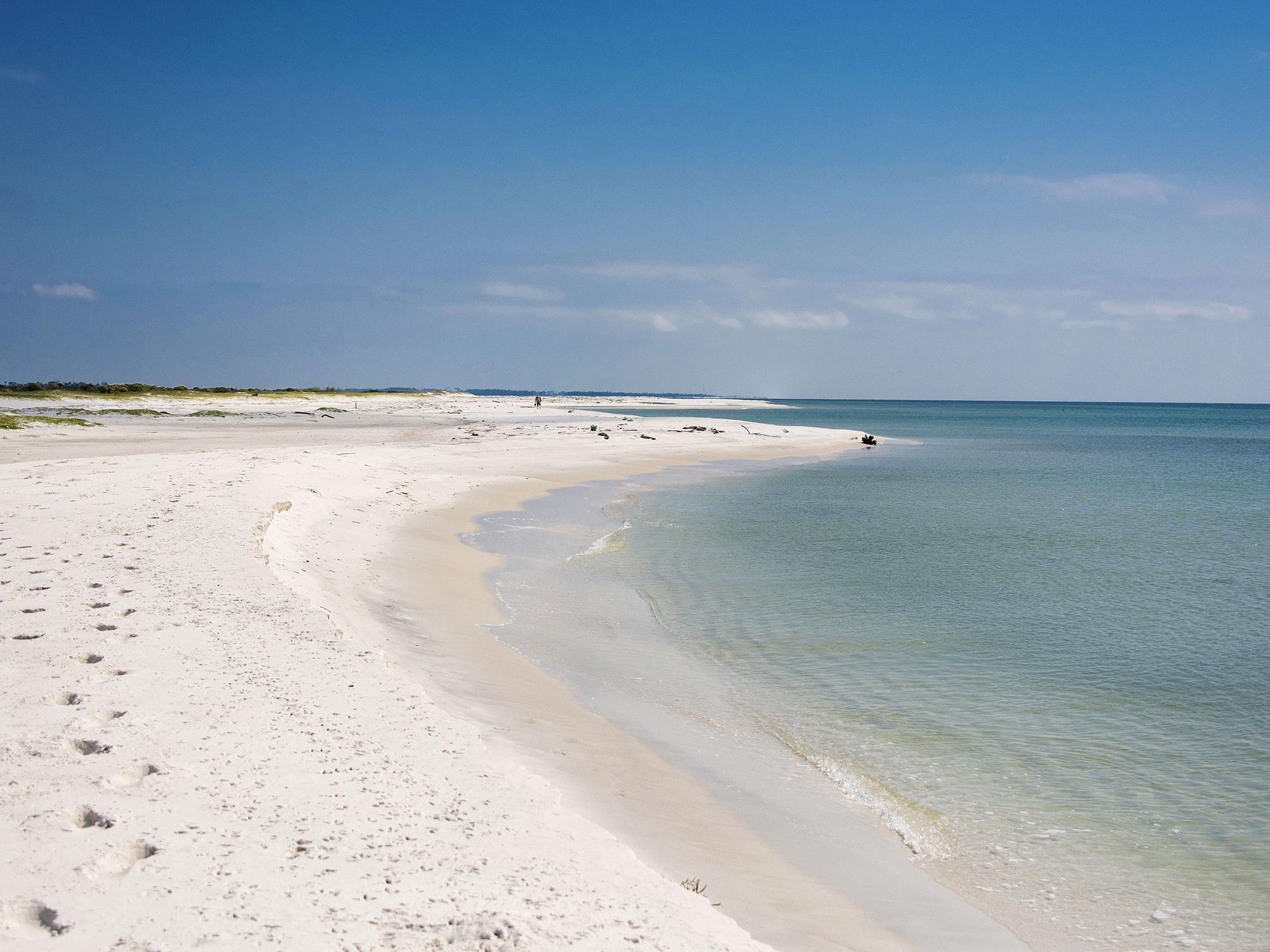Information Possibly Outdated
The information presented on this page was originally released on January 22, 2016. It may not be outdated, but please search our site for more current information. If you plan to quote or reference this information in a publication, please check with the Extension specialist or author before proceeding.
Don’t trash Mississippi; properly dispose of litter
By Beth Baker
Research Associate
MSU Department of Wildlife, Fisheries and Aquaculture
STARKVILLE, Miss. -- Litter or trash in streets and roadway ditches is much more than an eyesore, and it continues to be a problem across Mississippi.
Tossing a can out the car window is often viewed as a pretty minor offense, but it is a major form of pollution. Whether you enjoy hunting, fishing, birdwatching, hiking, kayaking, taking a scenic drive or laying on the beach, it’s important to understand how litter impacts environments and wildlife locally and on a global scale.
Discarded fast-food bags, cigarette butts, plastic bags, old tires, aluminum cans, and plastic or glass bottles are all examples of litter or trash. One thing they all have in common is where they came from: Someone, somewhere, didn’t dispose of them properly. When garbage is disposed of improperly -- whether intentionally or unintentionally -- it can have serious impacts on the environment, wildlife habitat and the animals that live within them. Litter also can be transported through water from land to streams, rivers, lakes, groundwater and oceans, affecting living species in those habitats as well.
With litter rates along Mississippi’s rural roads 30 percent higher than the average seen in other states, we can’t ignore the Magnolia State’s problem with littering. The Mississippi Department of Transportation has a wealth of information regarding this issue on its website, including the fact that 62 percent of litter in Mississippi is deliberately dumped.
We shouldn’t forget to consider how much littering costs you as a taxpayer. The Department of Transportation’s website reports “over $3 million in costs associated with cleanup efforts and immeasurable dollars lost in tourism and economic development.” Transportation officials are on a mission to combat this issue with the “Don’t Trash Mississippi” campaign, and there are ways that everyone can take action.
Set a positive example for those around you, such as coworkers, friends and especially children, by recycling or reusing waste products as much as possible and disposing of garbage in trashcans. Keep a bag for trash in your car, and if you choose to smoke, carry and use a portable or pocket ashtray. Take reusable shopping bags to the grocery store with you. Make sure trash cans have lids on them to keep animals out. Encourage your favorite businesses or building owners to place trash and recycling cans in public areas. Consider coordinating an “adopt-a-spot” program in your local community through youth groups and school groups for regular trash pickup in public spaces.
Land pollution plays a major role in marine pollution. Litter from streets, roadway ditches and parking lots can be washed down or blown into nearly by waterways. This rubbish, along with trash dumped directly into the ocean, makes up marine debris that can travel long distances with currents and winds. Because they are buoyant and slow to degrade, plastics have been found to travel thousands of miles in currents, endangering marine ecosystems and wildlife.
Litter, whether on land or in water bodies, can be harmful to wildlife, especially since many of the items we throw away don’t readily degrade and can remain threats in the environment for decades or centuries. On land, broken glass can cut the feet of foxes, coyotes, badgers, and even domestic dogs and cats. Entanglement in nets, fishing lines, ropes and other debris poses a major threat to wildlife. Land litter, such as fishing line, ribbons on balloons, six-pack rings and package strapping bands, also entangle turtles, seabirds and marine mammals.
Tens of thousands of whales, birds, seals and turtles are killed every year from plastic bag litter in marine environments. These creatures mistake plastic bags for food animals, such as jellyfish. Once ingested, a plastic bag cannot be digested by an animal, so it stays stuck in the gut. This obstruction can prevent food digestion and lead to a very slow and painful death through starvation.
Whether you love animals or simply take pride in how your state looks, do your part to put trash where it belongs.
For more information, go to http://keepmsbeautiful.com.

Editor’s Note: Extension Outdoors is a column authored by several different experts in the Mississippi State University Extension Service.




